Major construction ends on Mills Hall and Gibbons CAS
February 3, 2023
Editor’s Note Saturday, February 4, at 10:00 a.m.: An earlier version of this article referred to Harpswell Apartments as Dudley-Coe Apartments.
Despite breaking ground a year late due to delays caused by the Covid-19 pandemic and unabating supply chain issues, Capital Projects, led by Director of Capital Projects John Simoneau, and its contractor, Consigli Construction, have finished major construction on the new Barry Mills Hall and John and Lile Gibbons Center for Arctic Studies (CAS) with only minor delays.
“[The Gibbons CAS] was substantially complete at the end of December, and then [Mills Hall] was completed the second week of January,” Simoneau said during a tour of the new buildings. “We’re down to these little details: let’s repaint that door that got thumped during work, let’s replace that piece of glass, let’s replace that door that sticks. So that’s where we are right now, that last three or four percent of making it perfect.”
Students, professors and staff members hoping to break in the new buildings before the end of the school year will have to wait. Most classrooms and office spaces will not be ready for use until the fall of 2023. However, the dedications of each building will happen this spring.
“The dedication [for Mills Hall] is in mid-April, and then [Gibbons CAS] may have a soft opening associated with the Barry Mills Hall dedication. I think that the actual dedication for [Gibbons CAS] will be in May,” Simoneau said. “I think we’ll definitely open it up for the Trustee meeting. I don’t know if that is when the [Mills and Gibbons] families will be here for the dedication, but we’ve been targeting Trustee week to have [museum] exhibits open.”
The buildings are architecturally novel. The pair is the first in Maine to have a base structure of mass timber, a product that is made by gluing together cross-laminated timber to form the columns and beams supporting the building. And, all these beams are exposed which gives the interior of the buildings a natural feel.
As part of the Bowdoin Sustainable 2042 campaign, Simoneau and his team have focused on making the buildings’ insulation as effective as possible by installing it on the outside of the mass timber frame.
“There are five inches of metal wool insulation that’s outside [the frame], then an air gap, then the [exterior] brick. That’s how you get a really high-performing envelope,” Simoneau said. “It’s a continuous barrier of insulation.”
This continuous barrier of insulation is the reason these buildings are the most efficient buildings on campus in terms of energy usage. Further, the heating system in the new buildings is in the basement of Mills Hall—not the heating plant—and is electricity-derived.
The completion of Mills Hall and the Gibbons CAS is one of the last major new-building projects within the College’s Master Plan, which was last updated in 2017. Other new-building projects within the plan were the Roux Center for the Environment, Park Row Apartments, Harpswell Apartments and the Schiller Coastal Studies Center.
Mills Hall’s completion is particularly important for the next phase of the College’s plan for campus evolution, as the building brings online new offices and classrooms that can account for those lost due to the future projects.
The rest of the College’s current plan focuses on the renovation of older buildings and spaces, most notably Pickard Field, Sills Hall and Ladd House. These projects are on track to be completed on time—in 2024 for Pickard, in 2025 for Sills and in the fall of 2023 for Ladd—and within a reasonable budget, according to Senior Vice President for Finance and Administration and Treasurer Matthew Orlando.
“We are just starting to see prices fall for certain construction materials, but overall materials are still 35 to 40 percent higher than they were in early 2020,” Orlando wrote in an email to the Orient. “Hopefully prices will continue to fall as supply chains clear and demand slows.”
The College was required to cut about $800,000 from the revised budget, but has not taken on loans to meet the costs.
“[The] budget is still $36.5 million and we use every penny,” Orlando wrote. “The project was originally approved in February 2020 at $35 million. We paused due to the pandemic. Prices escalated [by] $2.3 million, but we were able to find some savings to arrive at a new budget of $36.5 million.”
In 2024, the College will readdress its Master Plan and provide new recommendations for the campus’ evolution over the following decade.
As these new projects are happening, the College is looking forward to utilizing the spaces in Mills and Gibbons CAS, including a 350-capacity event space, offices for three departments and a few spaces intended for collaborative student work.

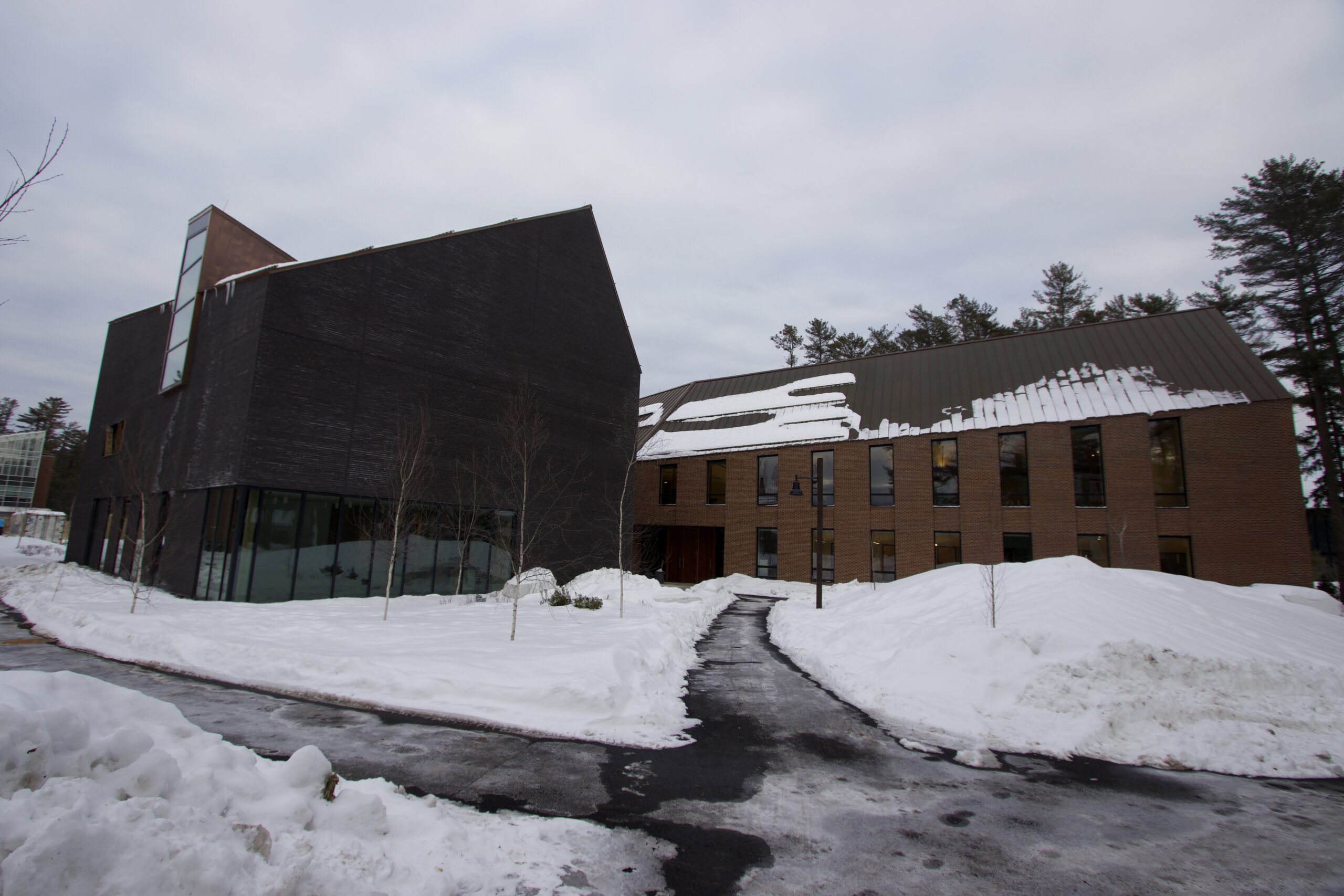
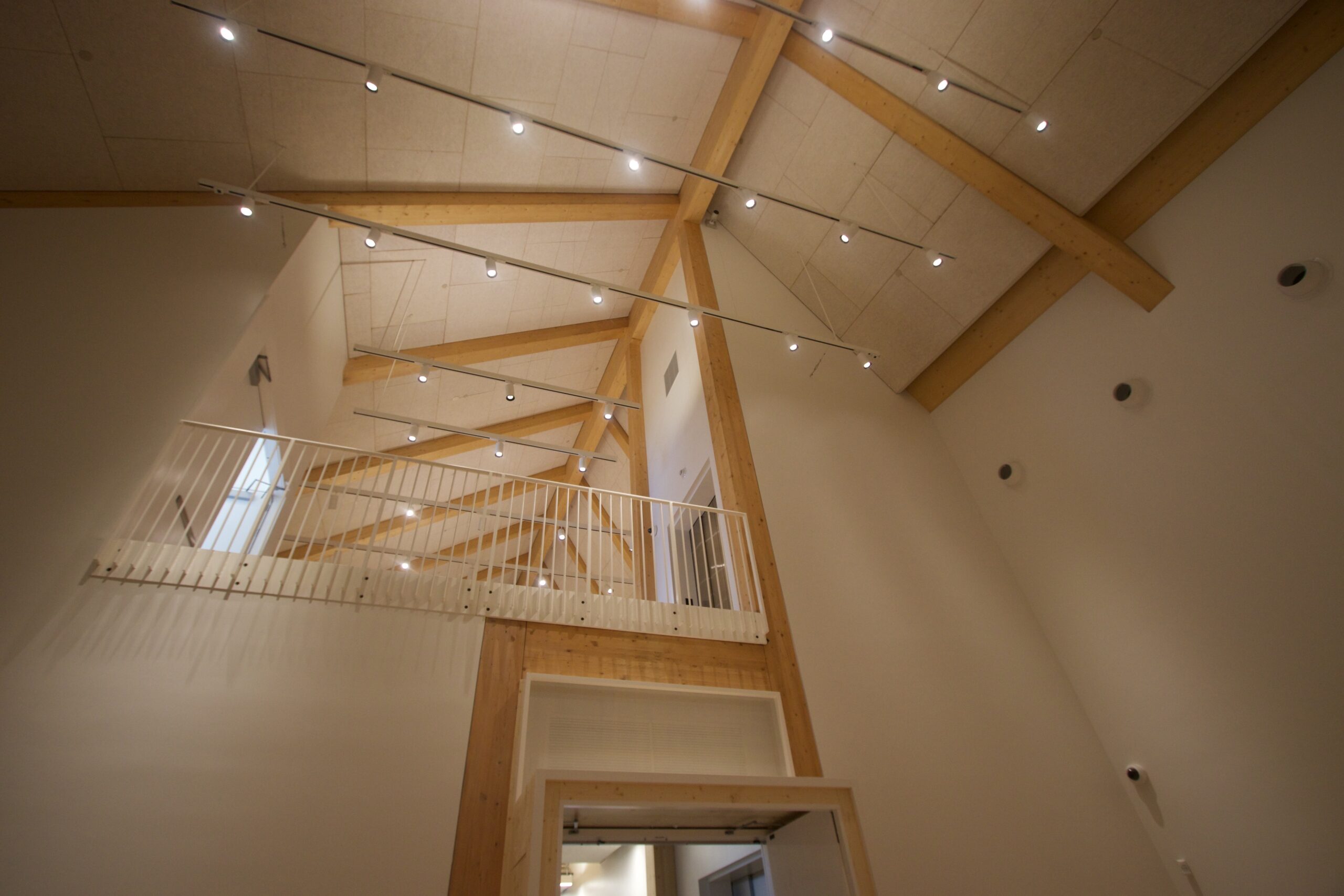
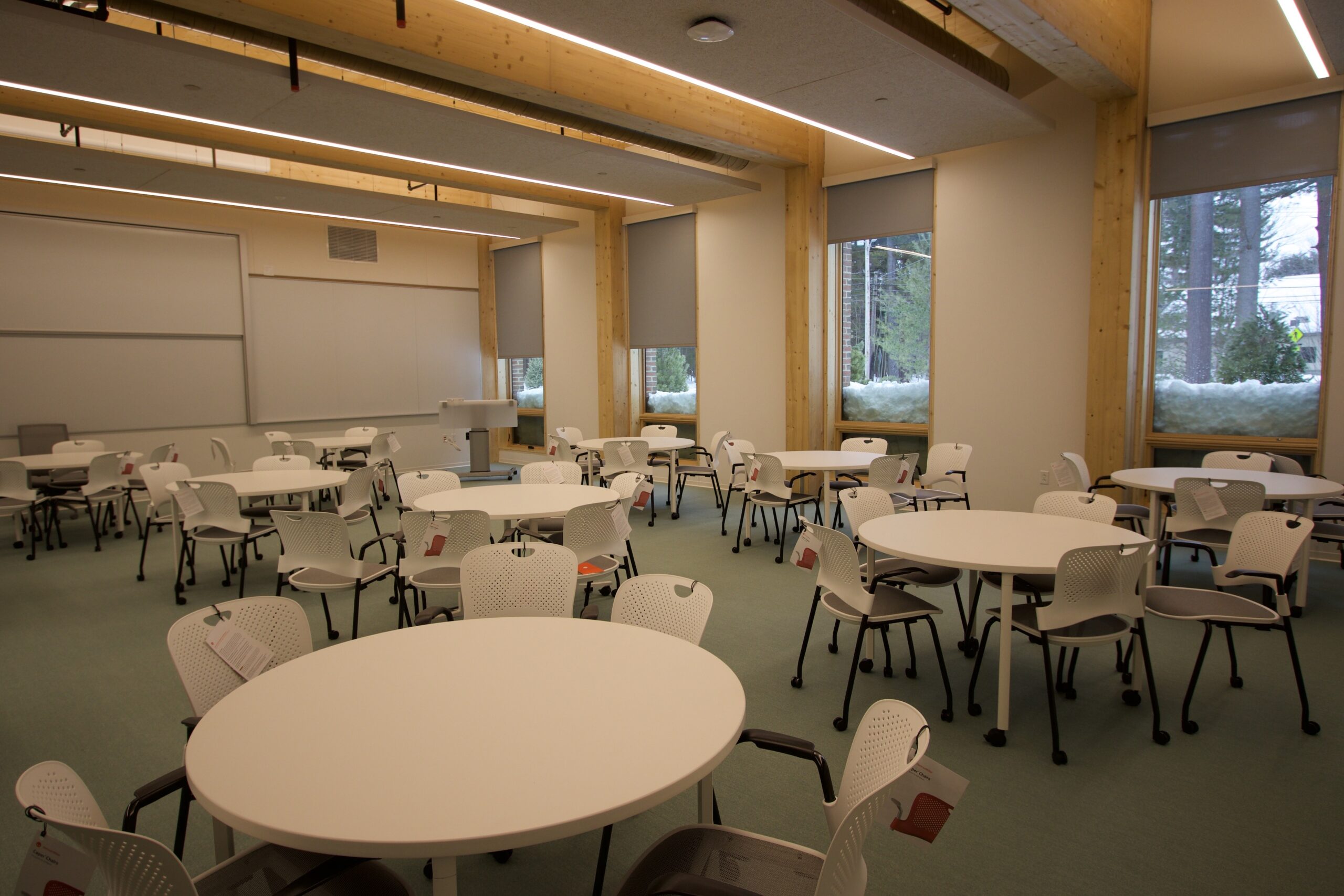
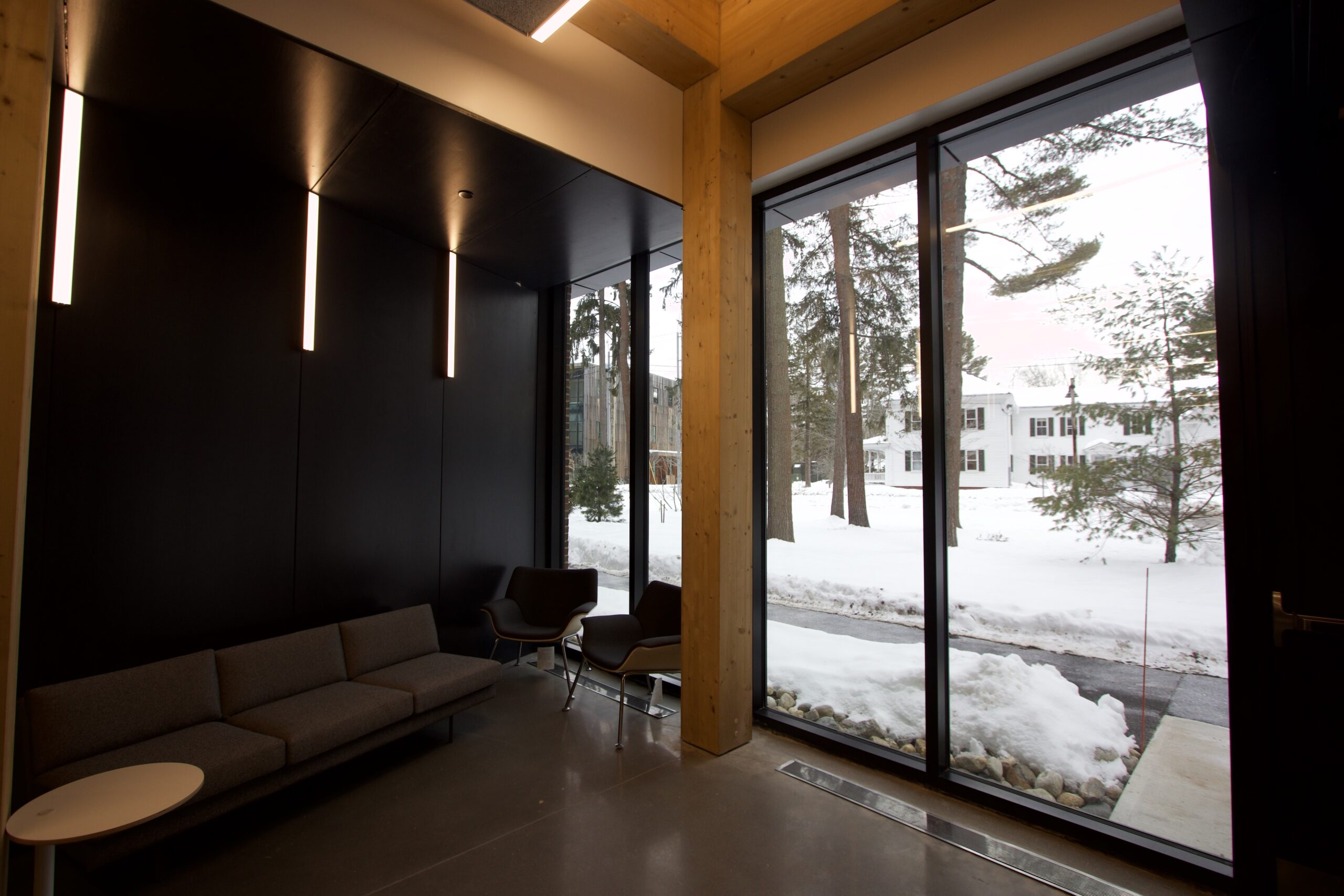
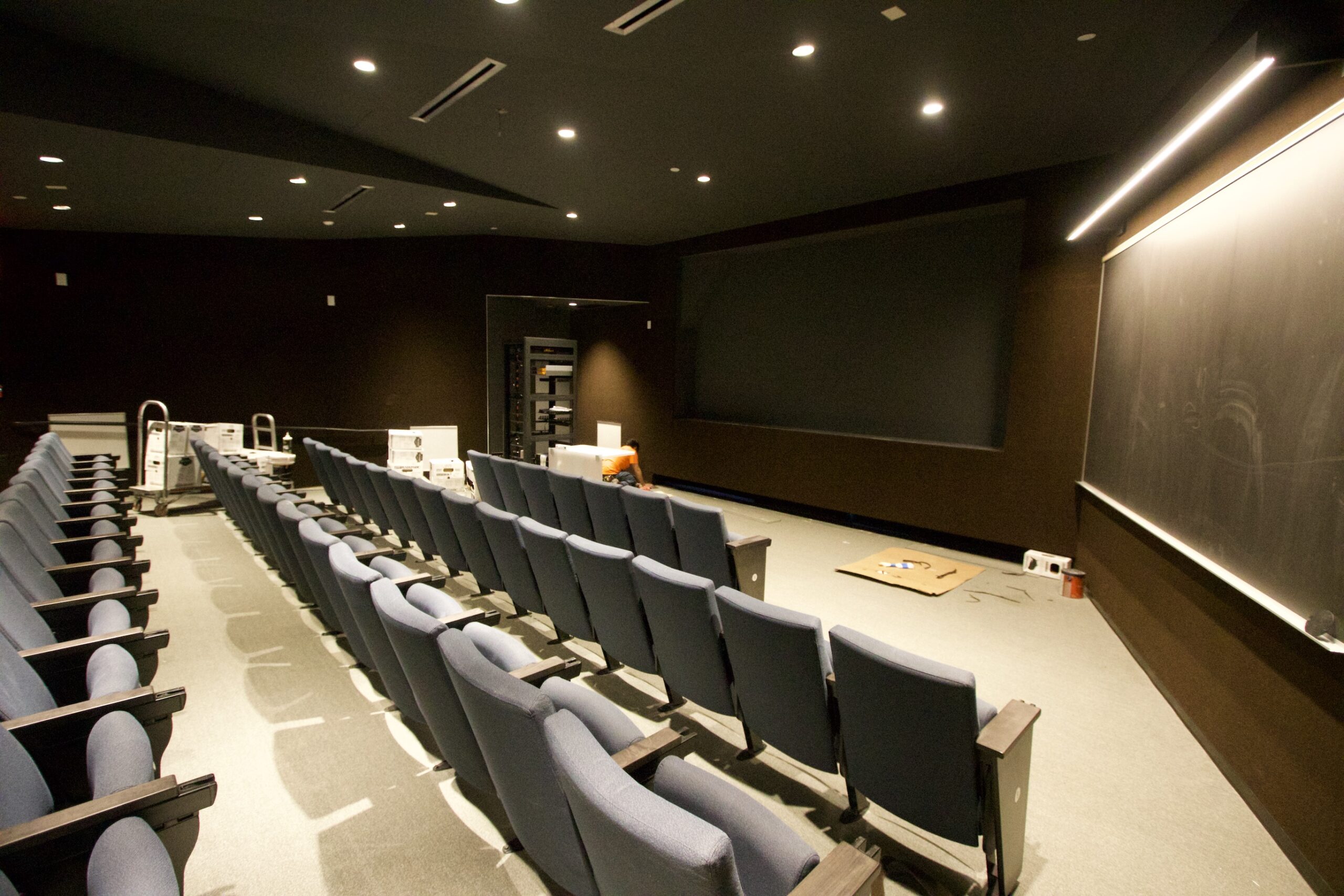
Comments
Before submitting a comment, please review our comment policy. Some key points from the policy: